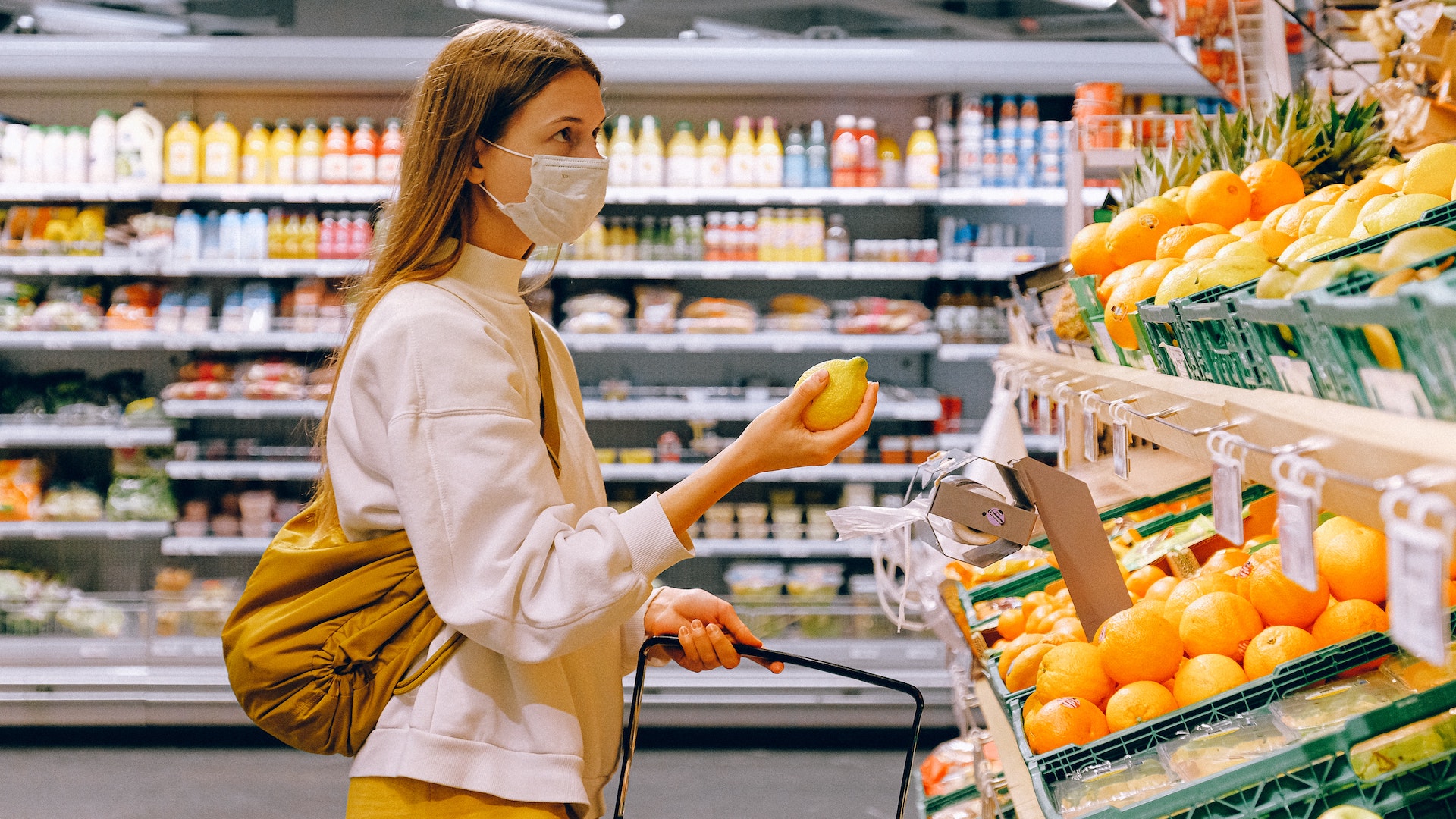Webb said people looking to cut down their plastic habits should feel free to “take it slowly”.
“Rome didn’t go plastic free in a day,” he said. “Identify the area in which you feel you can have the biggest impact or that you care about most and run with it.”
Every UK household can contribute to ending plastic pollution by reducing the amount of plastic they throw away by 501 pieces per year, according to an Everyday Plastic report.
On a bigger scale, the UK could prevent around 14 billion pieces of plastic from blighting the environment by following these simple but effective – and money-saving – tricks.
“Let’s say that if just a quarter of the population strictly followed our tips, we’d still be able to stop 3.4 billion pieces entering the waste system or environment,” Webb added.
Opt for reusable water bottles
It doesn’t get simpler than this. Stop reaching for single-use water bottles and invest in a reusable bottle instead. They’re affordable, there are designs to suit everyone and they’ll save you money in the long run.
Advertising helps fund Big Issue’s mission to end poverty
Ditch plastic bottles of shower gel
It’s time to swap out shower gel bottles for bars of soap. There are several brands selling bars without any plastic packaging and they smell just as good as bottled products.
Reuse your shopping bags
The price of a 10p plastic bag charge may not seem like much, but every carrier bag you take away from a shop could take up to 1,000 years to degrade in a landfill. Reusable shopping bags are cheap, significantly better for the planet and less likely to burst, leaving you to watch your shopping roll down the street.
Cut your use of milk cartons by 75 per cent
The plastic used for milk bottles is just as damaging to the environment. Fortunately it’s quick and easy to track down greener options.
You can order milk in glass bottles from Milk&More or find your local milkman at findmeamilkman.net. If that doesn’t work for you, consider buying larger bottles to be frozen and decanted into smaller bottles when you need the milk
Swap single-use wet wipes for an alternative
The number of wet wipes washed up on British beaches – which already have a plastic pollution problem – increased by 50 per cent since 2013, according to the Marine Conservation Society. Wipe your conscience clean by opting for using reusable cloths instead when it comes to wiping down surfaces, and try to avoid relying on make-up and baby wipes.
Leave fruit in plastic packaging on the shelves
Reducing the amount of plastic packaging you buy for fruit by at least a quarter can make a big difference to how much plastic you later throw away. Buying loose fruit and vegetables – without the small, thin plastic bags offered up by supermarkets – is just as easy and often cheaper than buying in packets.
Advertising helps fund Big Issue’s mission to end poverty
Be mindful of how you buy meat and fish
Avoid the chiller aisles in supermarkets and ask the butcher or fishmonger to fill your product in a reusable container. The prices of fresh counter items compared to aisle products could save you 40 per cent gram on gram, according to Money Saving Expert
Cut down on snacks – or make your own
By cutting out just one snack per week – most of which come in difficult-to-break-down plastic packaging – your plastic footprint will shrink considerably, and it could be a chance to break out your lockdown kitchen skills.
To find out more about how you can make a difference, visit everydayplastic.org.
Shop brands tackling plastic pollution in the new #PlasticFreeJuly collection on The Big Issue Shop. 








